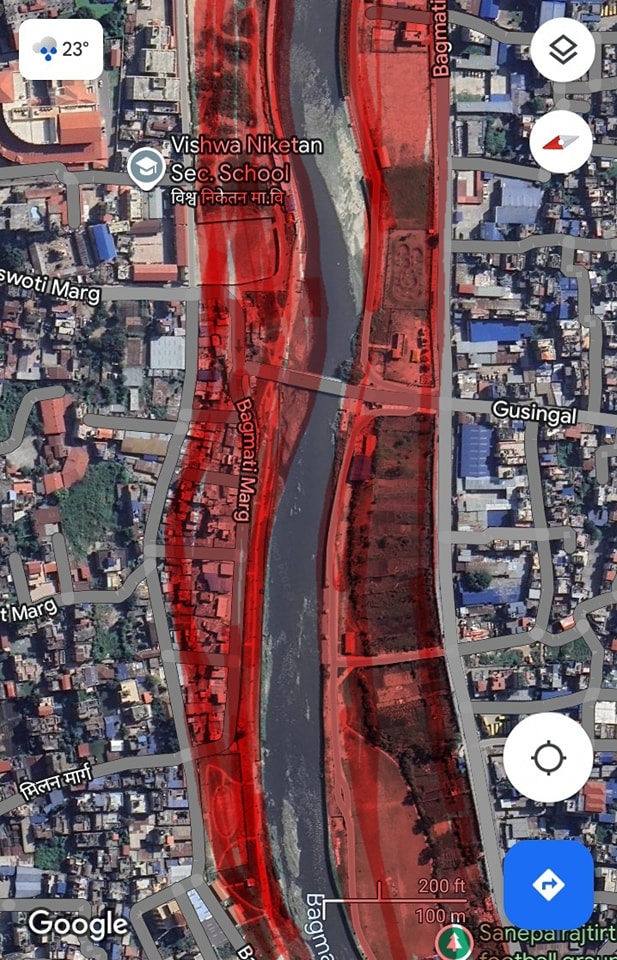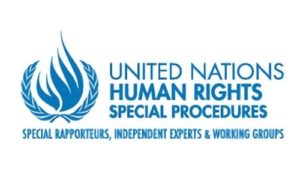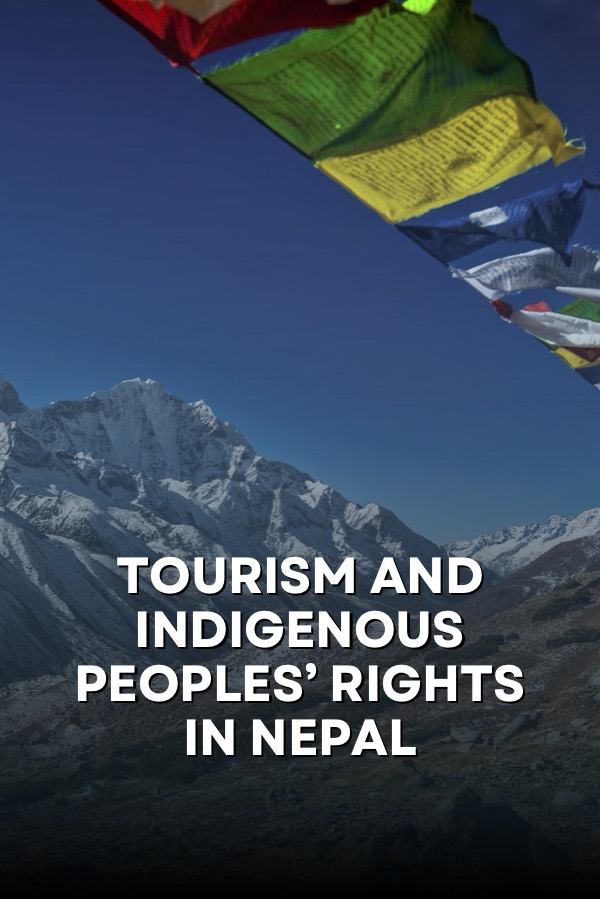Indigenous Newa and other locals affected by Bagmati and other river corridors across Kathmandu valley have filed a complaint to the Asian Development Bank (ADB) regarding violations of its safeguards in the Bagmati River Basin Improvement Project and other associated projects it finances related to the river corridors.
In a letter submitted to the ADB’s Nepal resident mission on Thursday, representatives of the committees of those affected by the no-construction and buffer zones imposed along the banks of the Bagmati river and its tributaries have called on the ADB for immediate actions to resolve their grievances in relation to the impacts faced by and concerns of the communities along the river corridors, including the following:
more “Indigenous Newa and other communities file complaint with the Asian Development Bank over its financing for projects related to Bagmati and other river corridors”


